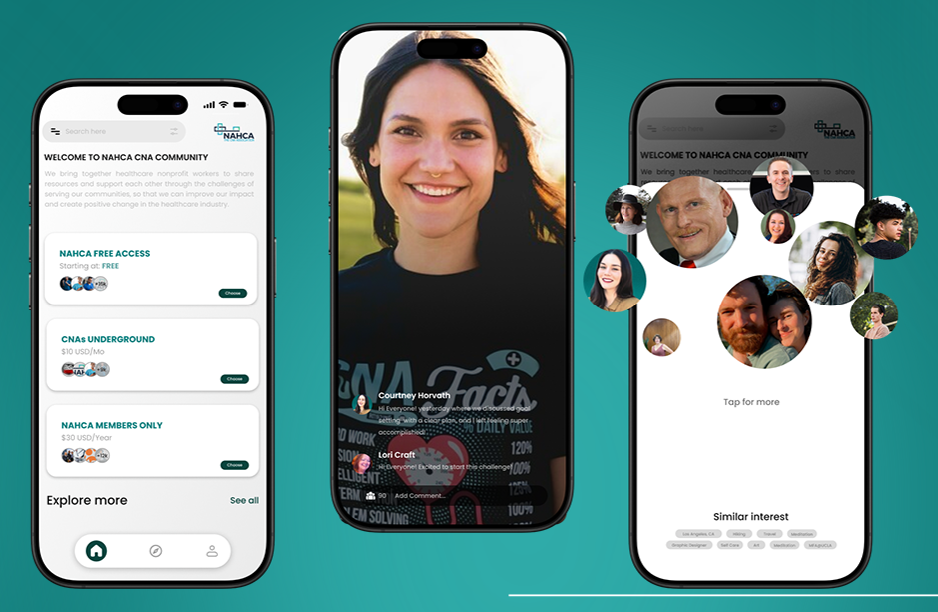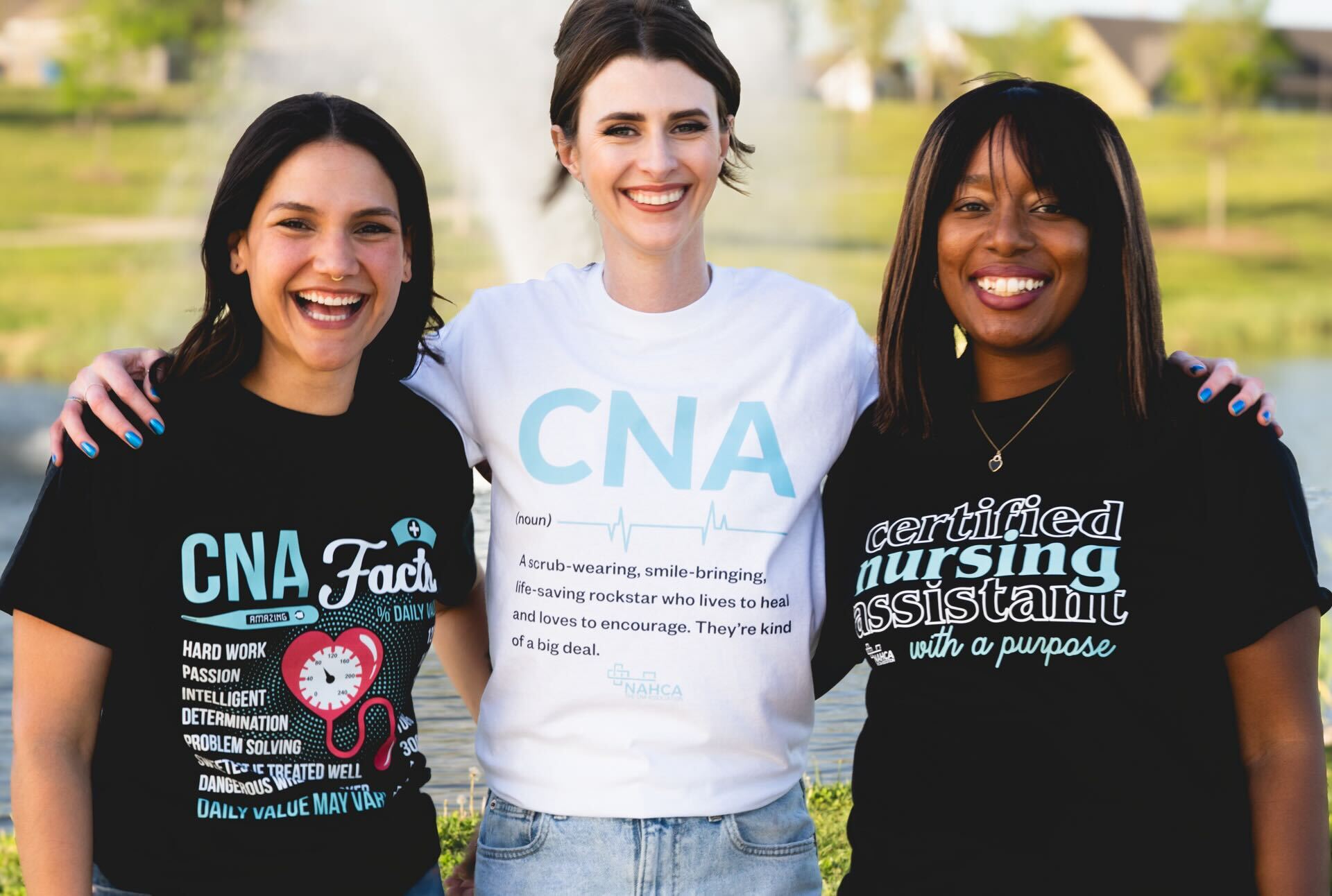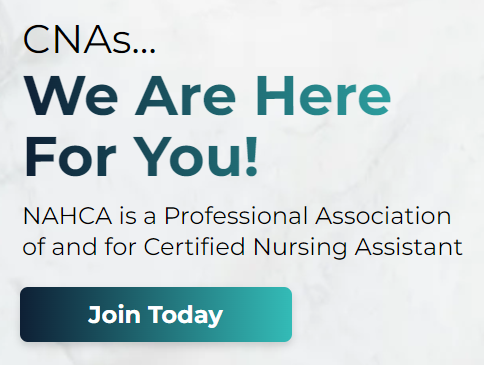You’ve probably seen the commercial on TV. Happy older adults talking about their plans for the summer and fall and the fun things they’ll do. Then the screen gets dark, and a dire warning appears about the dangers of RSV to people over 60. You may be wondering what this is and what it means to your patients, as well as you and your family.
Here are 10 facts about RSV and a vaccine that’s been developed to prevent it:
- Respiratory syncytial virus (RSV) causes lung and respiratory tract infections. It’s most common and dangerous to infants, toddlers, and adults over age 60.
- Symptoms of RSV include runny nose, lowered appetite, cough, sneezing, fever, and/or wheezing. These often appear in stages and not all at one time.
- RSV isn’t a new illness. It’s been around for years, but – until recently – practitioners generally didn’t test for it; and because the symptoms are similar to those of the flu or a bad cold, RSV often is misdiagnosed. Since the pandemic, many practitioners are now testing symptomatic patients for COVID, influenza, and RSV.
- There is no prescription medication to treat RSV. Management generally involves using over-the-counter products like acetaminophen or ibuprofen for the fever, drinking fluids, and getting enough rest.
- The FDA has approved a one-shot vaccine to prevent RSV. Studies show it to be 80% or more effective, and the most common complication is injection site soreness. The vaccine is generally recommended for adults age 60 and over. However, not all people in this age group need to be vaccinated. Those with underlying conditions like COPD, asthma, or heart disease are at greatest risk. If you are 60 or older, talk to your doctor about benefits and risks of vaccination for you.
- RSV can spread when someone coughs or sneezes and sends droplets into the air, or it can be spread by direct contact (such as when you kiss someone with the illness). You also can contract RSV from a contaminated surface. Someone who is infected with RSV is usually contagious for 3-8 days; contagion may start a day or two before they exhibit symptoms.
- Practicing standard precautions can help prevent RSV. Follow handwashing and masking protocols and cover your coughs and sneezes with a tissue or shirt sleeve, not your hands. Disinfect surfaces after they are touched.
- If any of your residents shows any signs or symptoms of RSV, report this right away to a nurse or physician. Whether it’s RSV or something else, early recognition and intervention can help keep someone out of the hospital.
- If you have questions about RSV, ask a practitioner. Elsewhere, the Centers for Disease Control and Prevention (CDC) has a variety of information and resources.
While you may not need the RSV vaccine, it is important to consider vaccinations for influenza and/or COVID. Again, talk to a trusted practitioner who can provide you with evidence-based information and help you weigh the advantages and risks.
We want you and your patients to be safe as we get into flu season. In addition to vaccines, take other preventive measures. Get (or at least try to get) enough sleep, get some fresh air and exercise, eat a balanced, healthy diet, and try to minimize stress. We know these things aren’t always easy, but practicing self-care isn’t a luxury; it’s a necessity. It also is important to take preventive measures so that you don’t bring RSV home, particularly if you have small children or grandchildren.




